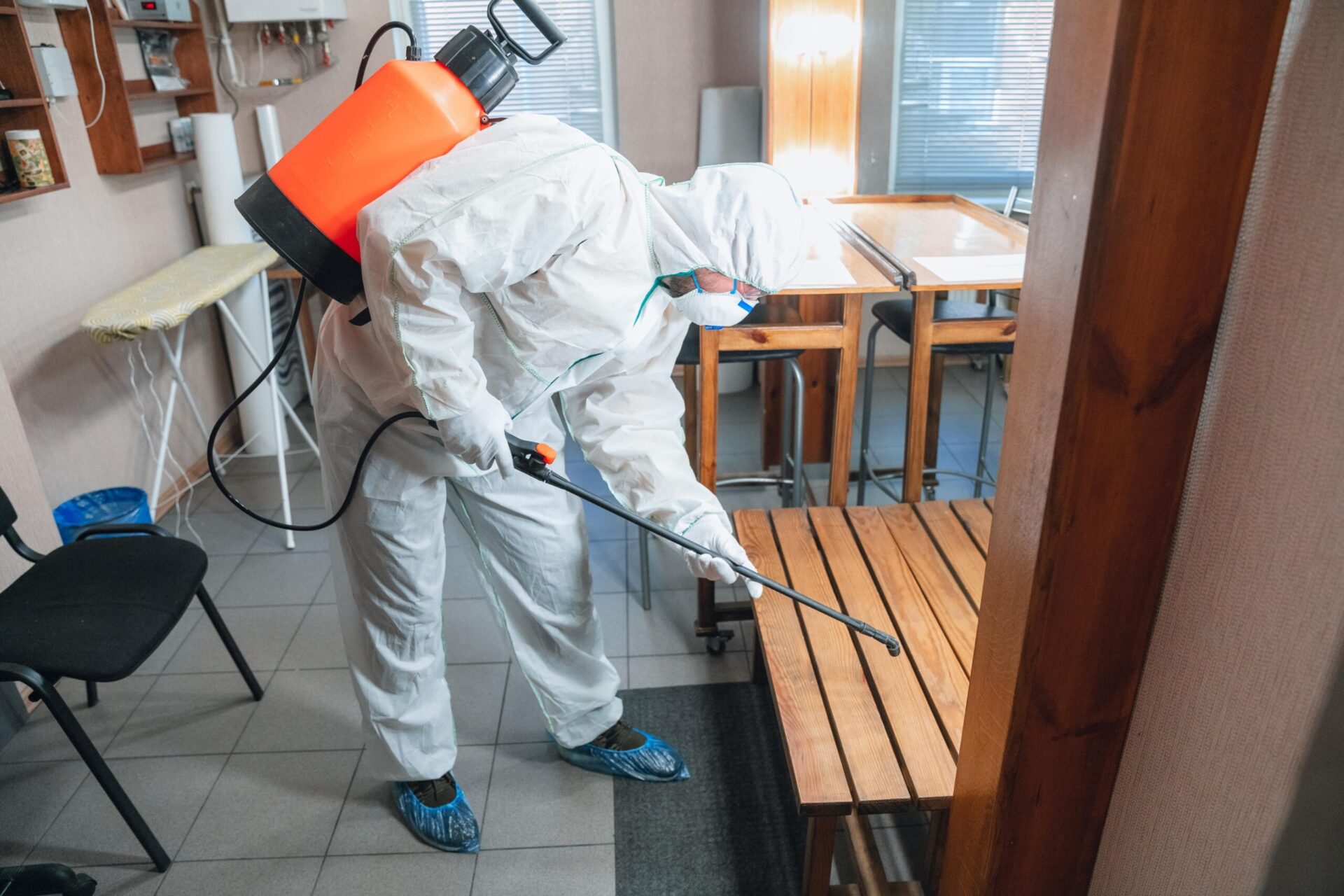Protecting the health and safety of your home or business in Newcastle is of utmost importance, and a critical aspect of that is addressing the presence of toxic mould. Professional mould inspection services in Newcastle play a vital role in detecting and assessing the extent of mould growth, providing comprehensive solutions to mitigate the risks. Understanding the significance of these expert inspections can help property owners in Newcastle safeguard their living or working environment and ensure the well-being of occupants.
Key Takeaways
-
- Professional mould inspections in Newcastle identify the presence and extent of toxic mould growth in residential and commercial properties.
- Mould inspections assess the health risks and structural damage caused by unaddressed mould infestations.
Comprehensive mould testing and remediation solutions are crucial for maintaining a healthy indoor environment in Newcastle.
- Newcastle’s coastal climate and weather patterns contribute to the risk of mould development, making professional inspections even more vital.
- Proactive mould inspections in Newcastle can prevent the escalation of mould issues and protect the long-term integrity of properties.

Understanding the Risks of Household Mould in Newcastle’s Climate
Newcastle’s unique climate, characterized by high humidity and coastal influences, creates an ideal environment for mould growth. This section explores the health risks associated with untreated mould, identifies common areas in Newcastle homes where mould thrives, and examines how the coastal weather impacts mould development.
Health Implications of Untreated Mould Growth
Exposure to household mould can have serious health consequences, particularly for individuals with respiratory conditions or weakened immune systems. Prolonged exposure can lead to respiratory infections, allergic reactions, and even the onset of asthma. Mould growth should be addressed promptly to maintain a healthy living environment.
Common Areas Where Mould Thrives in Newcastle Homes
Mould growth is often found in damp, poorly ventilated areas of the home. In Newcastle, some of the most common locations for mould include bathrooms, basements, and around windows or doors where condensation can accumulate. Regular inspections and proactive measures are essential to identify and address mould before it becomes a larger issue.
Impact of Coastal Weather on Mould Development
The coastal weather in Newcastle, characterized by high humidity and frequent rainfall, further exacerbates the risk of mould growth. The moisture-rich environment provides ideal conditions for mould spores to thrive, leading to rapid proliferation if left unchecked. Homeowners in Newcastle must be vigilant in monitoring and addressing mould issues to maintain the health and integrity of their living spaces.
| Mould Growth Factors | Newcastle Climate Impact |
|---|---|
| Humidity | High, due to coastal location |
| Temperature | Mild, with minimal temperature fluctuations |
| Rainfall | Frequent, contributing to increased moisture levels |
| Poor Ventilation | Common in older Newcastle homes |
Professional Mould Inspection Newcastle: What to Expect
Addressing mould in your Newcastle home requires a thorough and professional approach. The Mould Inspection In Newcastle process involves advanced techniques and specialized equipment to identify the root causes of mould growth and develop effective remediation solutions.
During a professional mould inspection, experienced inspectors will carefully examine your property, utilizing state-of-the-art tools to detect hidden mould sources. This comprehensive assessment may include the use of thermal imaging cameras, moisture meters, and air quality testing to pinpoint the extent and causes of the mould problem.
- Visual inspection: The inspector will conduct a detailed visual examination of your home, paying close attention to damp areas, water damage, and potential mould colonies.
- Moisture measurement: Specialized moisture meters are used to assess the moisture levels in walls, floors, and other surfaces, which can contribute to mould growth.
- Air quality testing: Air samples are collected and analyzed in a laboratory to determine the types and concentrations of mould spores present in the home.
The information gathered during the mould inspection process is then used to develop a tailored remediation plan. This plan outlines the necessary steps to safely and effectively remove the mould, address the underlying causes, and prevent future recurrence. Professional mould remediation services may include the use of advanced cleaning techniques, the application of antimicrobial treatments, and the implementation of moisture control measures.
By partnering with a reputable mould inspection and remediation specialist in Newcastle, you can take the necessary steps to safeguard your home and your family’s health from the risks posed by harmful mould growth.
Conclusion
In conclusion, a professional mould inspection in Newcastle is a crucial investment for homeowners and property managers. By identifying the presence and extent of mould growth, these inspections provide the essential information needed to address the problem effectively and protect the long-term health and value of your property.
Regular mould inspections not only help detect and remediate existing issues but also enable you to implement preventive measures to maintain a healthy home environment. By addressing mould proactively, you can safeguard your family’s wellbeing, preserve the structural integrity of your property, and avoid the costly consequences of untreated mould infestations.
Prioritize professional mould inspections as part of your ongoing property maintenance routine. Invest in the expertise of qualified professionals to ensure your home remains a safe, healthy, and valuable asset for years to come. With the right approach, you can mitigate the risks of mould and enjoy the peace of mind that comes with a well-maintained, mould-free living space.

